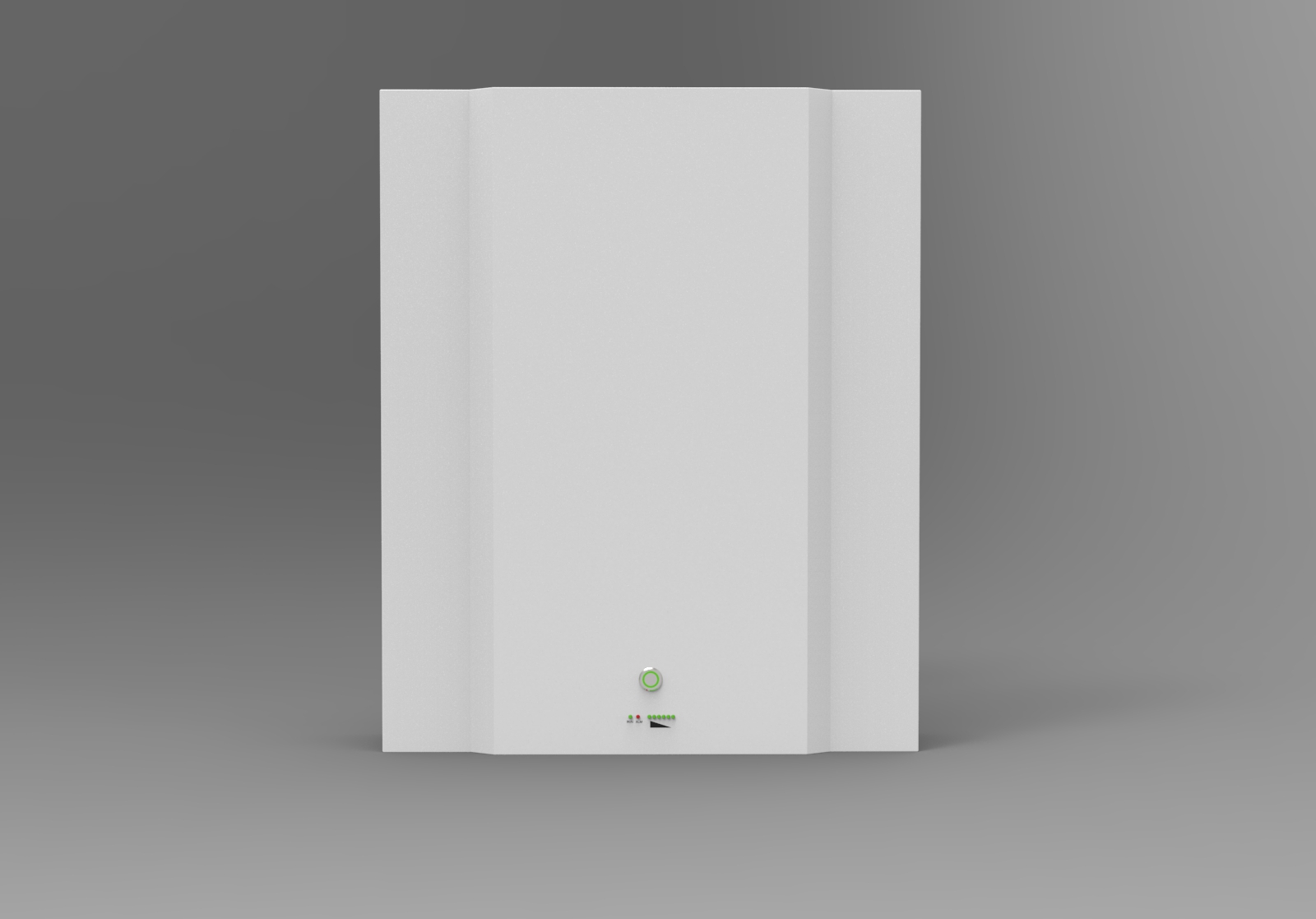What Charger for Lifepo4 Battery: 12 Selection Consideration
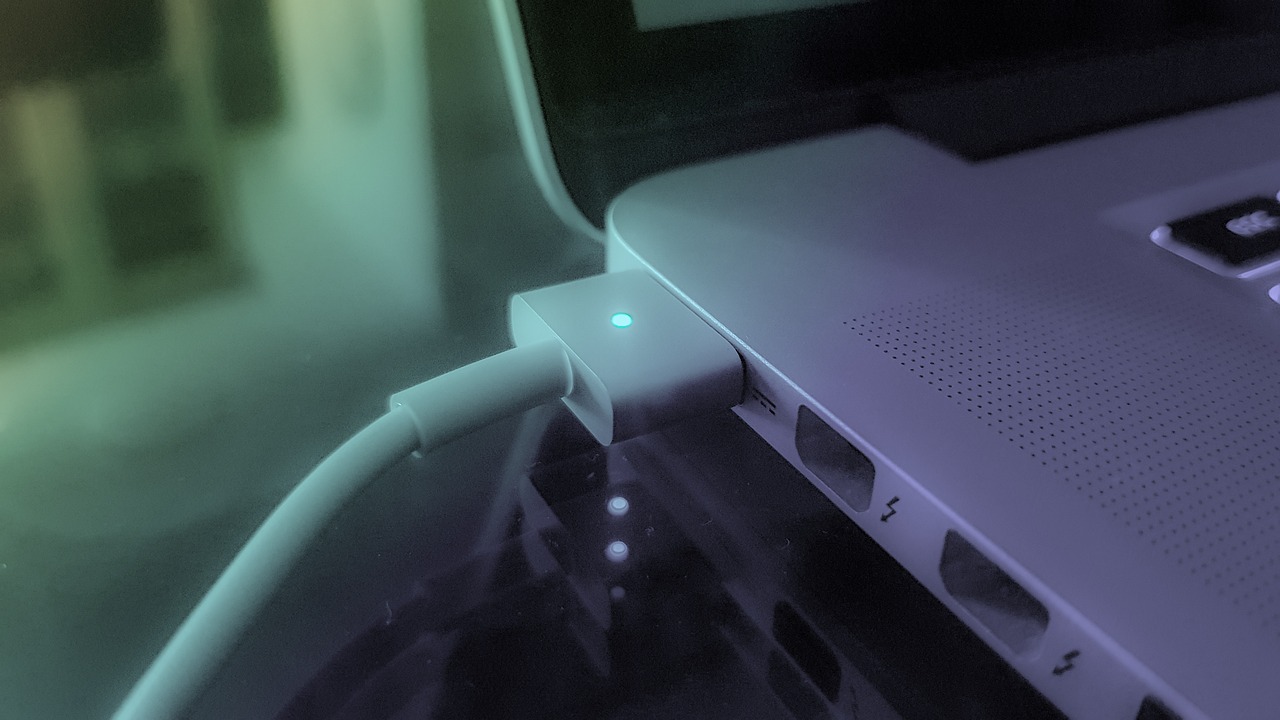
Are you looking for the perfect lifepo4 battery charger? But with so many different types of batteries and chargers available, how do we guarantee that we're making the most informed decision? Don't worry, this article will provide helpful tips and guidelines to ensure you choose the best lifepo4 battery charger for your specific requirements.
Lifepo4 batteries offer several advantages over other rechargeable sources, such as improved efficiency and longer cycle life. With this in mind, selecting a charger compatible with these batteries is essential if you want to maximize its benefits. In order to make sure you get the most out of your device’s performance while saving money in the long term, read on to learn more about what features and considerations should factor into your selection process!
What Is A Lifepo4 Battery?
A LiFePO4 battery is a type of rechargeable lithium battery with exceptional power and energy density. Its battery chemistry allows for high levels of charging performance, allowing it to reach full capacity in only 2-3 hours. This makes the LiFePO4 an attractive choice for applications that require reliable and long-lasting power sources, such as electric vehicles or medical equipment.
The LiFePO4 stands out from other types of batteries due to its robustness and low self-discharge rate. Unlike lead acid batteries, which suffer from sulfation if not recharged regularly, LiFePO4 can withstand deep discharges without sustaining any damage. Additionally, the battery's internal structure prevents leakage and corrosion over time, making it one of the most durable options available on the market today.
This combination of features makes LiFePO4 ideal for use in a variety of settings where reliability is essential - especially those involving heavy workloads or extreme temperature environments. Furthermore, its relatively low cost compared to other chemistries makes this type of battery even more appealing. All these factors contribute to why LiFePO4 has become increasingly popular in recent years when seeking a dependable source of energy storage.
Benefits Of Lifepo4 Battery Chargers
Choosing the right LiFePO4 Battery Charger is like searching for a needle in a haystack. With so many different models and types available, it can be overwhelming to know which one will provide the best performance and long-term use. Fortunately, there are several benefits that come with using LiFePO4 chargers over other battery technologies.
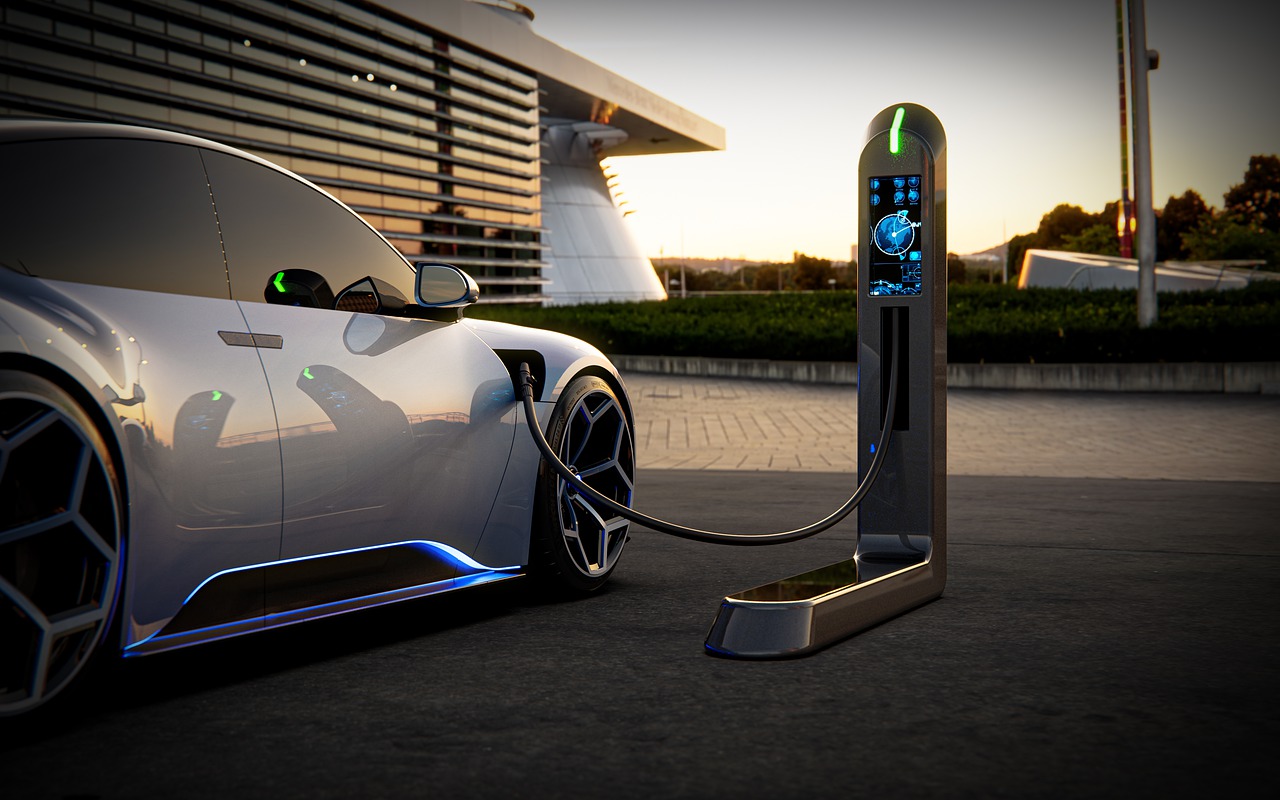
First of all, LiFePO4 batteries offer improved performance when compared to other rechargeable batteries because they have higher energy densities. This means that fewer cells are required per charge and users get more power from their devices in less time. Additionally, these batteries also require less maintenance than traditional lead acid or nickel-cadmium cells as they do not need periodic discharge cycles to keep them performing optimally. This makes them an ideal choice if you want reliable power without having to worry about constant monitoring or upkeep of your cell's condition.
Another benefit of using LiFePO4 chargers is their power efficiency compared to other charging methods. They often require lower input voltages, leading to reduced losses during charge and discharge cycles resulting in increased cost savings in terms of electricity bills and fuel costs. Furthermore, due to their robust construction, LiFePO4 chargers typically last longer than traditional charging devices meaning users can enjoy money saved on replacement parts over time too.
Finally, when used properly, a good quality lifepo4 charger should pay for itself quickly through its extended lifespan and efficient operation making it an increasingly popular choice amongst consumers who want reliable power at an affordable price point. By investing in this technology now, you won’t regret it later as the returns on investment tend to far outweigh any initial outlay associated with purchasing a top-of-the-range model.
Types Of Lifepo4 Battery Chargers
Choosing the right LiFePO4 battery charger is essential to keeping your devices powered up and ready to go. There are many different types of chargers available, each suited for various charging needs that range from smartphones to solar power systems. Here's a quick overview of some popular LiFePO4 battery charger options:
- Smartphone Chargers: These small and portable chargers are designed specifically for recharging smartphones or other mobile devices. They often come with USB ports so you can quickly charge multiple devices at once.
- Solar Power Chargers: These powerful chargers use solar energy to recharge LiFePO4 batteries. While they take longer than regular wall adapters, they provide greater long-term reliability and sustainability in remote locations where grid electricity isn’t accessible.
- Quick-Charging Adapters: With these high-output adapters, you can get faster charging times on larger-capacity batteries like those found in electric vehicles or boats. Most quick-charger adapters include advanced safety features such as temperature monitoring and overcharge protection.
- Programmable Chargers: For more precise control over charging parameters, programmable chargers allow users to customize their settings based on specific needs and desired outcomes. This type of charger offers full flexibility when it comes to creating custom profiles tailored to individual requirements.
- High-Capacity Chargers: If you need an all-in-one solution for large banks of LiFePO4 cells, then look no further than a high-capacity charger. These robust systems offer rapid simultaneous charging across multiple stations while providing comprehensive data logging capabilities for future analysis and maintenance purposes.
No matter what your application may be, there’s sure to be a suitable LiFePO4 battery charger out there just waiting for you! With the wide variety of options on the market today, finding one that meets both your budget and performance expectations should be relatively straightforward.
Compatibility Considerations
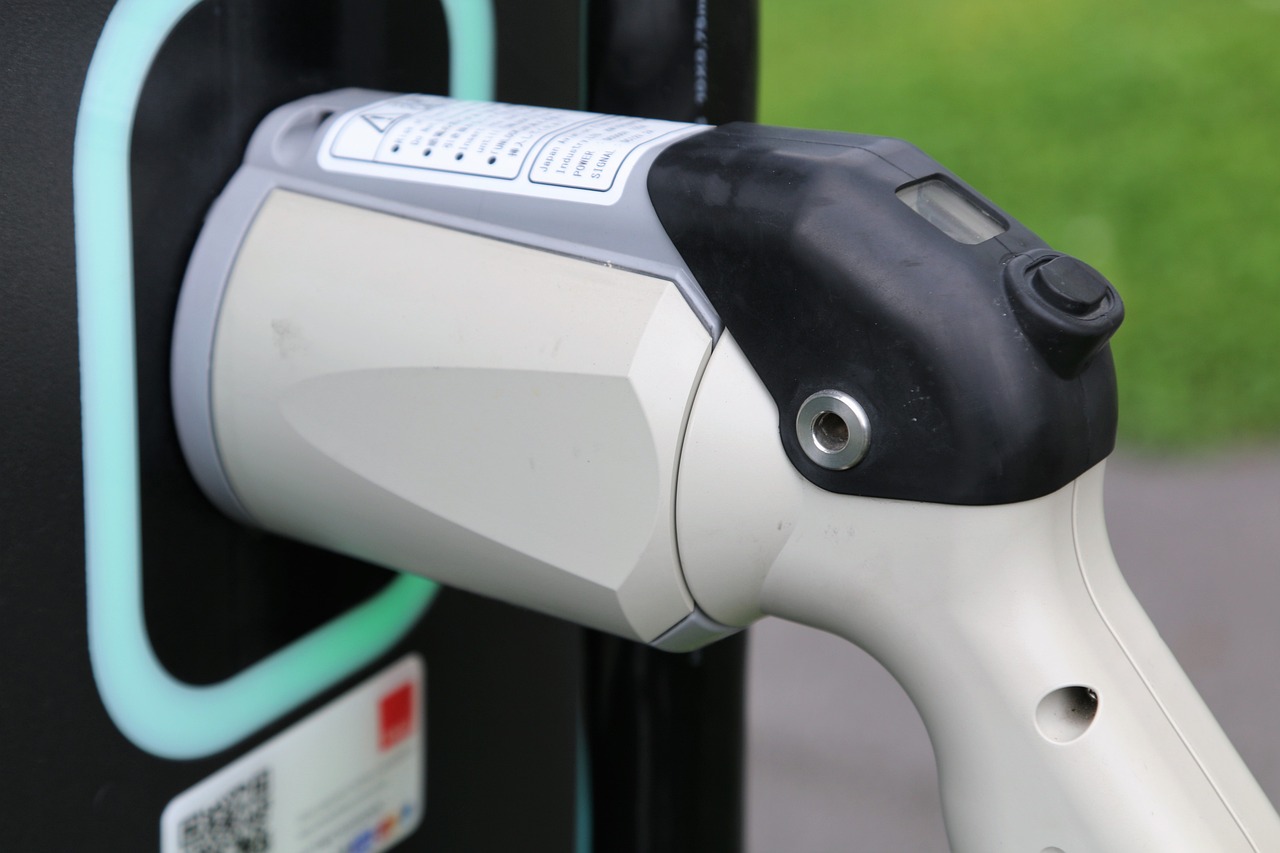
When selecting a LiFePO4 battery charger, it's important to consider compatibility. This includes not only the voltage of the device being charged but also its physical size and shape. Many chargers are designed with specific devices in mind if you're using an off-brand or third-party product, make sure the charger is compatible with your device.
It's also necessary to ensure that the output voltage of the charger matches the input requirements of your device. If there's any mismatch between these two values, it could result in damage to both components. Similarly, be sure to check for any special features offered by different chargers, such as overcharge protection or fast charging capabilities. Make sure these features suit your needs before purchasing a new charger.
In addition to device and voltage compatibility, you'll want to confirm that the power supply from which you plan to draw electricity can handle the load of your chosen charger. A low-voltage power source may cause irreparable harm to your electronics if used incorrectly; therefore, take time to read through the safety manual provided by your manufacturer before making any connections. Remember: when it comes to LiFePO4 batteries, familiarity with all aspects of their use is key for ensuring safe operation and a long lifespan!
Charging Times
When it comes to selecting a LiFePO4 battery charger, charging times are an important consideration. Chargers with fast-charging and quick-charging capabilities can provide the best overall value for one's money.| Those who need their batteries recharged quickly should opt for a charger that has faster charging times than average.
To help you determine the right type of charger for your needs, we have compiled the following table:
| Charger Type | Average Charging Time (min) | Optimum Charging Time (min) |
|---|---|---|
| Standard LiFePO4 Battery Charger | 60-90 min | 45-60 min |
| Fast/Quick LiFePO4 Battery Chargers | 30-45 min | 15-30 min |
As you can see from the above table, standard lithium iron phosphate (LiFePO4) chargers take between 60 to 90 minutes on average to recharge a battery while fast/quick LiFePO4 chargers offer quicker charging times of around 30 minutes or less. Furthermore, if using an optimum charge rate, your battery could be fully charged in as little as 15 minutes!
Choosing the right lifepo4 battery charger is essential in order to get maximum use out of your device without compromising performance or longevity. With this information at hand, you will now be better able to make an informed decision regarding which type of battery charger is most suitable for your needs.
Tips: Fast charging is usually not conducive to the long-term use of the battery, and affects the service life of the battery to a certain extent.
Safety Measures

Now that we have outlined charging times, let us focus on the safety measures of lifepo4 battery chargers. It is necessary to ensure safe operation and protect the batteries from any harm or damage while they are being charged. A good charger should provide:
- Overcharge protection - This will prevent overcharging of your batteries which can cause them to become unstable and inefficient, even damaging them in extreme cases.
- Temperature monitoring - Excessively high temperatures during charging may cause permanent loss of capacity for a given battery cell, so it's important to keep an eye on temperature levels throughout the charging process.
- Short circuit prevention - This will help avoid short-circuiting due to incorrect wiring connections or other malfunctions.
- Battery safety features - Many modern lifepo4 chargers come with built-in safety features such as reverse polarity protection and current limiting, both of which help make sure that your batteries are receiving the right amount of power without running into potential problems.
- Monitoring system - Having a real-time monitoring system allows you to stay updated on the progress of each charge cycle and intervene if necessary before any issues arise.
All these factors must be taken into consideration when choosing the best lifepo4 battery charger for your needs. It is also essential to read through user manuals carefully before using a new device in order to gain the most benefit out of it without compromising its longevity or performance. By following the basic guidelines outlined by manufacturers, users can maximize their user experience while ensuring optimal safety throughout their use of lifepo4 battery chargers.
Recharging Type
The world of battery charging is a complicated one, and choosing the right lifepo4 charger for your needs can be tricky. Understanding different charging types can help you better choose the right lifepo4 battery charger.
We’ll begin by discussing charging techniques. Whether it's trickle-charging or fast-charging, these processes must be understood in order to make sure that your batteries are not overcharged. Understanding how each type works will enable you to select the best option for your specific application. And don't worry if you're still confused; we’ve got some additional tips at the end of this section to help you out.
Next up are battery replenishment methods like float charging or pulse charging which can extend battery life and improve its performance. You should also take into account any refueling processes such as equalizing charge or balancing cells when looking at lifepo4 chargers. If done correctly, these actions can further enhance your battery's capacity and ensure long-lasting power delivery during use.
So there you have it - now that we've explained recharge methods, charging techniques, and refueling processes, you're ready to start shopping for the perfect lifepo4 charger for your application. We hope this article has provided useful information about recharging options so that you feel confident making an informed decision today!
Charge Status Indicators
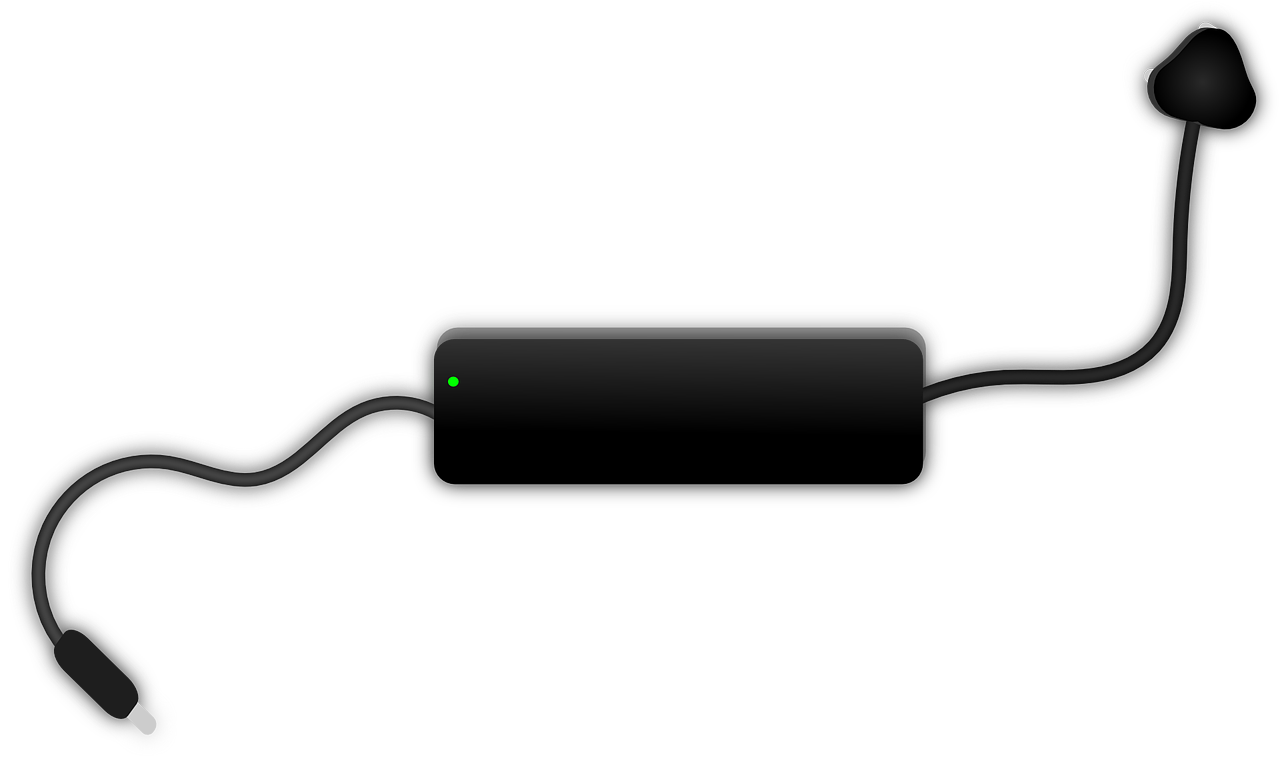
It's essential to understand what the charge status indicators on a lifepo4 battery charger signify. These symbols, lights, signals and displays give you an idea of how much power is left in your device. Charge status lights are generally green when charging or red when discharging; however, other colors may be used as well.
When all three LEDs (or more) turn solid green, it indicates that the battery is fully charged. Similarly, if they’re blinking then this could mean that there’s an error with the battery or charger itself. It’s important to check your manual for any further information about interpreting these indicator signs correctly.
The type of charge status display will depend on the model of charger you have. Some models come with LCD screens that show detailed info like voltage levels and remaining capacity while others might just have basic LED indicators. Regardless of their complexity, every charge status indicator should provide some form of visual feedback so you can keep track of your batteries' energy level at all times.
Having accurate charge status indicators gives users greater control over their devices and allows them to monitor performance more closely. This way, they can make sure their batteries are always running optimally without having to guess or rely solely on intuition - giving peace of mind and allowing better management of resources overall
Ac/Dc Power Sources
AC/DC power sources are a must-have when it comes to charging your Lifepo4 battery. An AC/DC adapter is the most common form of this type of power source, using electricity from an outlet and transforming it into a DC current for the charger. Alternatively, you can use a power adapter or charging cable that connects directly to USB ports on computers and other devices.
When choosing between these options, take into account their wattage ratings; some devices require more wattage than others in order to charge at optimal speeds. Additionally, also consider compatibility with different types of batteries: not all chargers will work with every model make sure yours is compatible before purchasing! Lastly, look for durable materials like copper-plated cables which should last longer than plastic alternatives.
Power cables need to be able to handle high levels of electrical output without overheating or becoming damaged over time. Look for thick insulation that won't break down easily and wires capable of handling higher amperages safely. Quality components such as these ensure safe operation while still providing maximum efficiency during charging cycles.
Cooling Features

When it comes to lifepo4 battery chargers, heat is the enemy. Excess heat can cause your charger to malfunction and even become damaged over time. This is why cooling features are so important when choosing a charger. With this in mind, let's look at some of the best ways you can keep your charger running cooler for longer.
The first feature to consider is the presence of a cooling fan on the charger itself. A fan helps dissipate heat by circulating air throughout the unit, keeping it cool while also reducing wear and tear caused by excessive temperatures. Additionally, many modern chargers come equipped with temperature control systems that allow users to set their desired maximum temperature level before automatically adjusting power output accordingly.
You should also make sure your charger comes with a temperature sensor that monitors internal temperatures and alerts you if they exceed safe levels. Finally, another great way to ensure optimal performance from your charger is by investing in a quality heat sink or heat sync accessory designed specifically for use with lithium-ion batteries. These accessories help reduce excess heat buildup within the charging system and improve overall efficiency as well.
In short, there are several considerations when it comes to selecting a lifepo4 battery charger that offers superior cooling capabilities - from fans and temperature controllers to temperature sensors and specialized accessories such as heatsinks and heat syncs - making sure yours has all these features will go a long way towards ensuring its longevity and reliability under heavy usage conditions!
Portable Vs Wall-Mounted Units
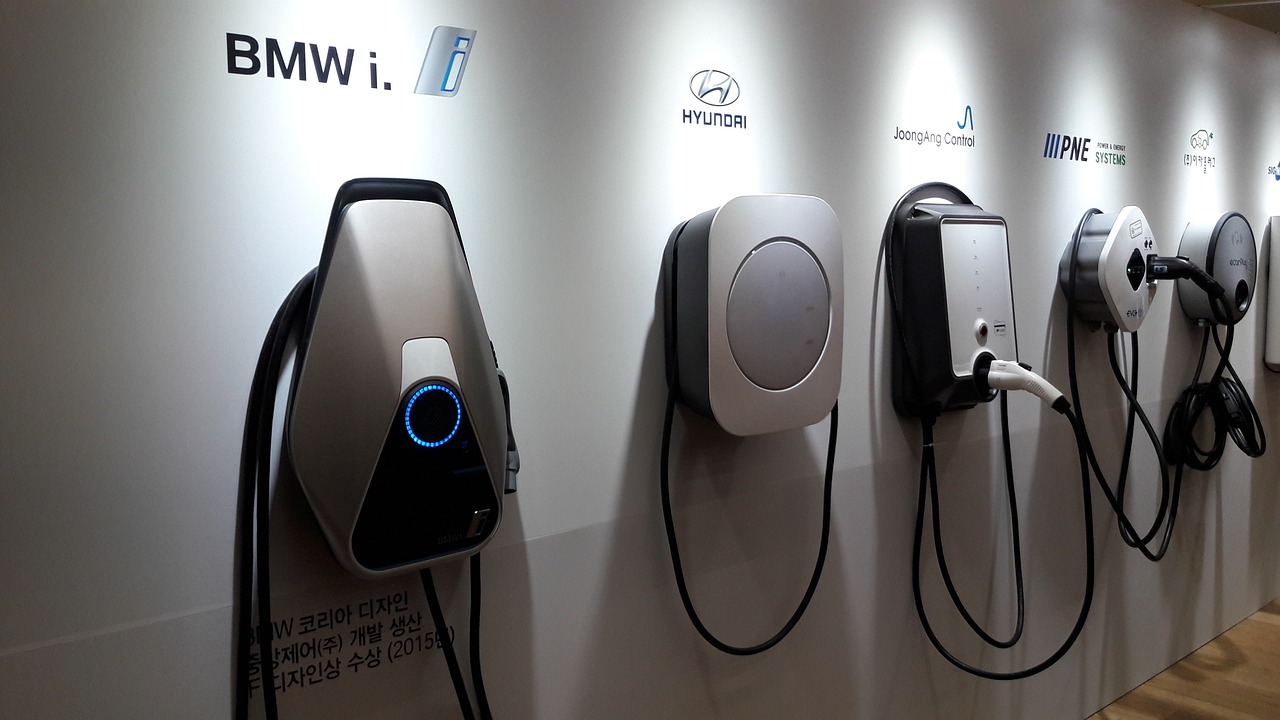
When shopping for a lifepo4 battery charger, the two primary types of units to consider are portable and wall-mounted. Portable chargers offer convenience as they can be moved around easily and don't require permanent installation; however, their output is typically not as powerful or efficient as that of a wall-mounted unit. Wall-mounted models are ideal when you need more power or want to install the charger in one place permanently.
Portable chargers range greatly in terms of size, weight, and features. They often include charging ports with varying amperage ratings so you can choose which port best suits your needs. Many also feature temperature sensors and safety circuitry designed to protect against overcharging or short circuits. Wall-mounted models tend to have higher input/output current capabilities allowing them to charge larger batteries faster than smaller portable versions. Additionally, they may come with additional features like LCD displays or adjustable settings for controlling output voltage and current levels.
Overall, both types of lifepo4 chargers provide excellent performance but choosing the right model depends on your individual requirements. If mobility is important then opt for a portable version; if power is what you’re after then go for a wall-mounted unit. Whichever type you decide on will give you peace of mind knowing that your batteries are being safely charged at optimal efficiency.
Brand Selection Tips
When choosing a lifepo4 battery charger, it's important to select the right brand. There are a few key criteria when evaluating potential brands and their respective chargers:
- First, research customer reviews for any given brand; look at both the positive and negative feedback from customers who have used that particular product.
- Second, examine what charging tips the company provides with its products. Are there safety instructions? Is the user manual easy to understand? Does the manufacturer provide further advice on how to optimize the usage of your charger?
- Finally, consider the warranty coverage offered by each brand. A good guarantee can make all the difference in protecting your investment over time.
The bottom line is this: take some time to research different brands before settling on one lifepo4 battery charger or another. Read up on customer reviews and check out what kind of support they offer via phone or online chat services. Look into warranties and compare them across various manufacturers' offerings so you know what you're getting should anything go wrong down the road. By taking these steps, you'll be able to choose a high-quality battery charger with confidence.
Cost Considerations

When it comes to choosing the best lifepo4 battery charger, the cost is an important consideration. To start off with, you should compare the price range for different chargers. Factors like the quality of materials used and features will affect the overall cost. While some may be more expensive than others, that doesn't necessarily mean they are better.
To get a good idea of how much each charger costs, perform a battery charger cost comparison online or in-store. You'll want to include factors such as installation costs as well as any additional components needed for your particular application. Additionally, consider if there are any extra fees associated with using certain chargers. This can all add up quickly!
In order to determine which option is most cost-effective for you, weigh up both initial purchase and long-term maintenance costs against the performance benefits offered by various models of lifepo4 battery chargers. With this knowledge in hand, you’ll have all the information necessary to make an informed decision when purchasing your next lifepo4 charger.
Maintenance Guidelines
It is important to maintain your lifepo4 battery charger regularly in order to ensure its longevity and reliability. To help you with this, here are some maintenance guidelines that need to be followed for the optimal performance of your lifepo4 battery charger:
| Activity | Frequency | Description |
|---|---|---|
| Cleaning | Every 6-12 months | Use a damp cloth or brush gently on the surface of the charger and clean off any dirt or dust buildup from vents and crevices. |
| Battery Maintenance | Monthly/Weekly (depending on usage) | Check the battery's electrolyte levels every month/week depending on their usage. If they drop too low, top them up with distilled water until full. Additionally, inspect the terminals for corrosion and wipe away any residue as needed. Also, check the voltage reading frequently; if it drops below 3 volts per cell replace the cells immediately. |
| Storage Tips | When Not In Use | Store in a cool dry place away from direct sunlight or excess humidity when not in use for extended periods of time. Keep out of reach of children and pets to avoid accidents involving batteries overheating or leaking acid into one's eyes, mouth, or skin. Make sure all connections are secure before storing them for long-term use. |
When following these simple maintenance tips outlined above, you can extend the life of your lifepo4 battery charger significantly while also keeping its performance at its peak level throughout its lifetime!
Warranty Options
When selecting a lifepo4 battery charger, it's important to consider the warranty options available. Most manufacturers offer some type of guarantee on their products for a specific period of time. The coverage and terms associated with these warranties vary from one manufacturer to another, so it pays to do your research and compare the offerings before choosing a particular model.
The most common form of warranty offered by manufacturers is a product replacement guarantee in case of defects or malfunctions during normal use within the specified warranty period. This may include labor charges if applicable and will cover parts that were defective when originally purchased. Additionally, many companies also provide customer service support during regular business hours as part of their guarantee package.

Finally, make sure you read through all the fine print included with any warranty agreement before signing off on it. Doing this ensures that you understand what is covered under the policy and are aware of any limitations or exclusions that may apply to your purchase. Taking the time to review these details can help ensure you get an appropriate level of protection should something go wrong with your chosen lifepo4 battery charger down the road.
Conclusion
In conclusion, choosing the right LiFePO4 battery charger is essential for ensuring your batteries are properly maintained. Doing plenty of research into which type and brand of charger best suits your needs can save you a headache down the line. Make sure to consider compatibility with your current system, charging times, cost considerations, and warranty options before making any final decisions.
It's also important to remember that proper maintenance of your charger is key if you want it to last - think of preventative measures like regular cleaning and checking for signs of damage or wear and tear. Taking these steps will go a long way toward keeping your LiFePO4 battery performing at its peak capacity for years to come.
To sum up: do your due diligence when selecting a LiFePO4 battery charger and don't skimp on quality; after all, look before you leap! A little bit of effort now could pay off in spades later on.
